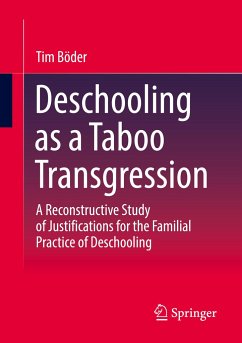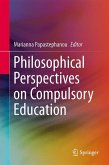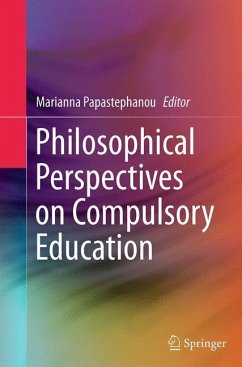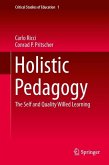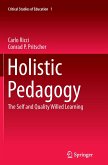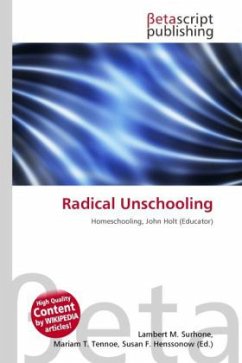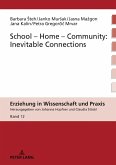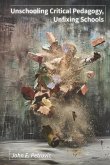With the realization of familial deschooling in Germany, the so-called social movement of the ,Freilerner' transgresses a taboo and is therefore under enormous pressure to justify itself. Following on from this, the reconstructive study asks what latent structures of meaning underlie the subjective crisis scenarios about the schooling of children and the ideal concepts of parents in the sense-giving justification of the family deschooling practice. In the course of this, three types of the justification for the familial practice of deschooling, namely defending, charismatizing, and escaping, are empirically established. In this way, the study not only makes an empirically based contribution to a more reflective discourse on alternative educational practices, but also pushes itself into a taboo zone of school pedagogy and educational research in Germany. Because it addresses the school as a historically consolidated, but not as an organization without alternatives for learning andeducational processes of children and adolescents.
Bitte wählen Sie Ihr Anliegen aus.
Rechnungen
Retourenschein anfordern
Bestellstatus
Storno

